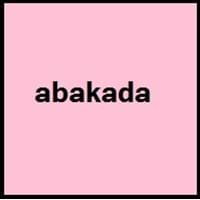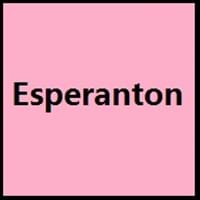Tagalog greetings vs Esperanto greetings
Please in Tagalog and Esperanto
When you want to request someone for something then it is necessary to say please. But if you don't know how to say please in Tagalog and Esperanto then it disappointing. So, Tagalog Greetings vs Esperanto greetings helps us to learn please in Tagalog and Esperanto language.
- Please in Tagalog : pakiusap.
- Please in Esperanto : Mi petas.
In some situations, if you need to apologize then Tagalog greetings vs Esperanto greetings provides to say sorry in Tagalog and Esperanto language.
- Sorry in Tagalog : pinagsisisihan.
- Sorry in Esperanto : Mi bedaŭras!.
You can also learn useful phrases of Best Languages to Learn.
How are you in Tagalog and Esperanto
After you say hello to someone then you will want to ask how are you? And if you wish to know what's how are you in Tagalog and Esperanto then Tagalog greetings vs Esperanto greetings helps you.
- How are you in Tagalog is Kamusta ka na?.
- How are you in Esperanto is Kiel vi sanas?.
Even though greetings remain same in almost all the dialects of the language, their pronunciations and accents vary from each dialect to dialect. Know more about such dialects on Tagalog vs Esperanto Dialects.
Other Tagalog and Esperanto Greetings
Are you finding few more Tagalog greetings vs Esperanto greetings? So let's compare other Tagalog and Esperanto greetings.
- Good Morning in Tagalog is Magandang umaga po.
- Good Night in Tagalog is Magandang gabi.
- Good Morning in Esperanto is Bonan matenon.
- Good Night in Esperanto is Bonan nokton.





